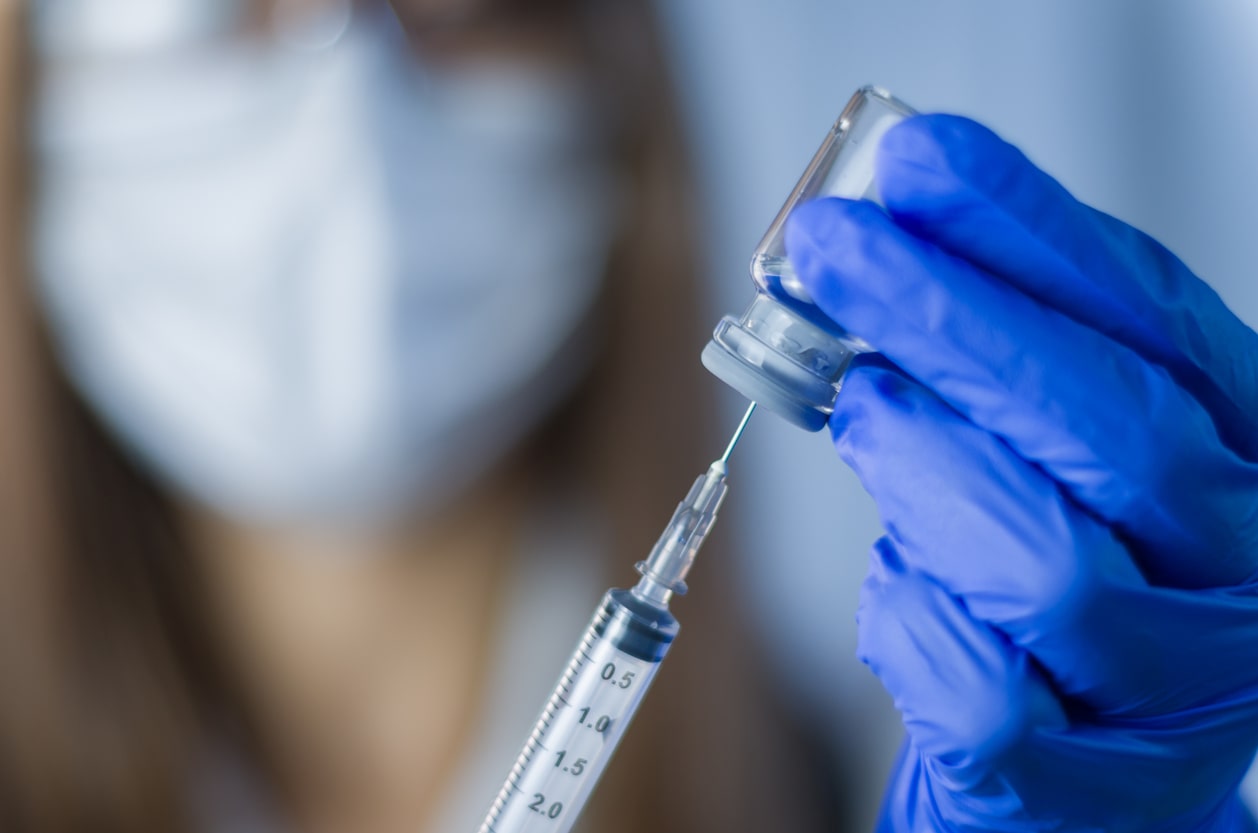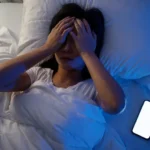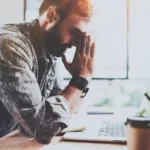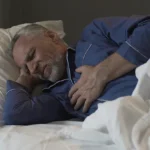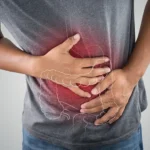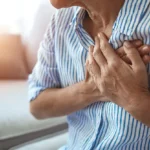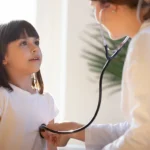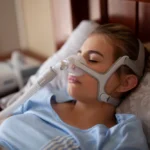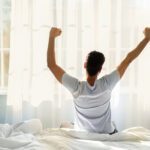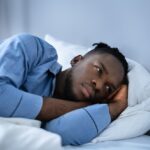We all know sleep is important. And we all know how bad we feel after a night of shoddy sleep. After all, lack of sleep is associated with a number of horrible consequences like decreased productivity and concentration, and even things like stroke, diabetes, and heart disease.
Still, we might be underestimating the dangers of not getting enough zzz’s when it comes to other aspects of our health.
In fact, studies have shown that your response to vaccines is connected to the amount of sleep you get! This becomes especially critical during flu season, and even more important with the promise of the COVID-19 vaccine on the horizon.
So how does sleep impair the efficacy of vaccinations? Let’s break down the literature.
One study demonstrating the relationship between sleep and vaccine response was conducted at the University of Pittsburgh. These researchers investigated the antibody response to hepatitis B vaccinations on adults. Antibodies are produced by the immune system to identify and combat viruses in the body.
This particular study involved 125 people between the ages of 40 and 60, and each participant was given the standard three dose hepatitis B vaccination.
Researchers measured the antibody levels in the participants prior to the second and third round of vaccine injection and six months after the final one. Antibodies were measured to conclude if the participant had acquired a “clinically protective response.”
All participants kept sleep journals, and 88 subjects also wore electronic sleep monitors.
What did the researchers find?
The data showed that the subjects who slept fewer than six hours a night (on average) were far less likely to mount antibody responses to the vaccine. They were 11.5 times more likely to be unprotected from the virus compared to the people who slept more than seven hours per night.
Sleep clearly plays an important role in the regulation of our immune systems. These researchers suggested that “sleep may belong on the list of behavioral risk factors that influence vaccine efficacy.”
Another study showed similar results. Eve Van Cauter, a professor of medicine at the University of Chicago, conducted research comparing the immune response to the flu vaccine in 25 young men. Eleven were allowed just four hours of sleep for six consecutive nights, while the others were allowed between 7.5 to 8.5 hours per night. All the men received the flu shot on the morning after the fourth night.
The antibody level in each subject was tested ten days after the administration of the flu vaccine. The researchers found that the sleep deprived test group had less than half the level of antibodies against the pathogen compared to the group of well rested individuals.
Again, this study confirmed the relationship between sleep and immune vaccination response. It is important to note that after four weeks of being immunized, the antibody levels were similar between the groups. Van Cauter maintained that the findings highlight the significance of being well rested when you are vaccinated. Indeed, the latest findings suggest that the immune system may be vulnerable to sleep deprivation just like other bodily functions such as the secretion of growth hormone.
So, what does this mean for you? How should you “PREP” for a vaccination?!
Being sleep deprived when you are vaccinated can significantly hinder your immune response, making you more susceptible to contracting the virus. Therefore, it is really important to get enough sleep before you are administered the flu shot or other vaccinations.
In regard to the impending COVID-19 vaccine, spreading awareness about the relationship between sleep and vaccine efficacy seems increasingly important. If we want to eradicate –or perhaps more likely -mitigate this pandemic, doing everything we can to increase its success is paramount. This is especially important for the elderly population who are at a higher risk when it comes to the harm inflicted by COVID-19.
For the standard American, the average time spent sleeping has decreased since the 1960s from nine to seven hours, and millions of Americans suffer from some kind of sleeping problem. Unfortunately, the vast majority of these people remain undiagnosed and untreated, suffering from sleep apnea and other sleep disorders unknowingly. If you feel chronically tired, you should see a sleep specialist to get help. Pushing through one of these disorders is not a viable option. If you or a loved one suspect something is wrong with your sleep, simply download Ognomy. It has never been easier to connect virtually to a board-certified sleep practitioner than with our newly designed telemedicine app and medical platform. Ognomy allows your doctor to diagnose and treat sleep apnea right from the comfort of your own home.
These new findings related to the effect of sleep on vaccine efficacy are another reason why you really do need proper sleep. This novel coronavirus appears to be separating us more than ever, with social distancing mandates and the overall fear of intimacy in day to day life, but behind the scenes it is demanding that we come together. We have to work as one to combat this pandemic. Wearing masks, respecting guidelines, washing our hands, and getting vaccinated when the time comes are all up to us. Our health as individuals and as a nation depends on it.
SO, what next?
When the time does come, and it will, we need to do everything we can to make vaccines as successful as possible. As this article has shown, getting proper sleep will be a significant factor in this. If your immune response is stifled by sleep deprivation, you are not only putting yourself at risk, but also everyone around you. There has never been a better time to get the support you need to lead you to a better night’s sleep, and Ognomy is here to help. With our quick and easy registration process, you are a few clicks away from drastically improving your quality of life, and even helping in the fight against COVID-19.
Who would have thought that getting proper sleep could benefit everyone around you? The science is increasingly suggesting that this is indeed the case, and we at Ognomy look forward to helping you to protect yourself and others.
It all starts with sleep.
